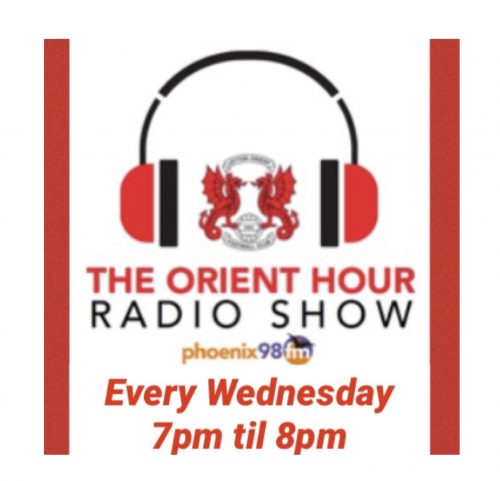We’re all aware of the power of music to evoke strong feelings. Whether a melancholic song takes you back to a past relationship, or a jazzy number gets you up and dancing, there’s no denying the ability of music to influence mood. Music has been used to encourage good health for thousands of years, harking back to the Ancient Egyptians who believed the god of medicine Asclepius was able to cure mental illness through music and song. The Arabs even built music rooms for their hospital patients, and the British had musicians tour the war hospitals to play music for the injured soldiers following the two world wars.
The regenerative quality of music has been more recently explored in research, with some of the most interesting findings including the following:
-
Music may reduce chronic and postoperative pain, both the sensation of and the distress it causes.
-
Music structure encourages communication and coordination in disabled children.
-
Music therapy can limit emotional distress in cancer sufferers, boosting mood.
-
Listening to music before surgery can reduce the associated anxiety and stress.
-
Music can, in some individuals, alter brain functioning to the same magnitude as medication.
Stress is thought by many to be somewhat of a ‘silent killer’, and a particularly prolific condition in the modern day. Intense or drawn out periods of stress are known to increase the risk of disease. Stress increases the heart rate and blood pressure, causes corticosteroid production to suppress the immune system, and disturbs the digestive system. Music has been shown to be an effective tool in stress management, and music therapy is becoming more commonly prescribed for anxiety and depression.
Stress-Relieving Music
So, you’re onboard with music being a valuable implement of stress-reduction, but now you’re probably wondering which type of music works best.
Slower tempo music tends to result in a reduction in stress. Researchers from the University of Nevada Reno found the optimal tempo to be around 60 beats per minute to synchronize the brain with alpha brainwaves. Slow music is able to reduce the heart rate, allowing both the muscles and the mind to relax. Instrumental music has been found to be most relaxing, as lyrics encourage cognitive processing. Genres such as Native American and Celtic music, or Indian-stringed instruments, flutes and drums are all seen to be effective at calming the mind and relieving stress, as is classical music of the 60bpm tempo (Adagio).
Whilst these are a great rule of thumb for stress-relieving genres that positively affect the majority of people, a study from 2016 published in The Arts of Psychotherapy journal found that music preference was the most influential factor in reducing stress. The study showed that above all else, the degree to which participants liked the music affected stress-relief most. This means that, whilst some slow classical music or nature sounds may be a good option in general, your best bet is to listen to a genre that you really enjoy. With this said, the degree of familiarity with the music did not have such an impact on stress-relief.
The main takeaway from the research is that to reduce stress, you should listen to a genre of slow music that you enjoy, ideally instrumentals, but specific songs that you are not necessarily familiar with. If you enjoyed reading this article, check out the online pharmacy Pharmica who produce weekly articles in their health centre blog about interesting topics regarding health and wellbeing.

































